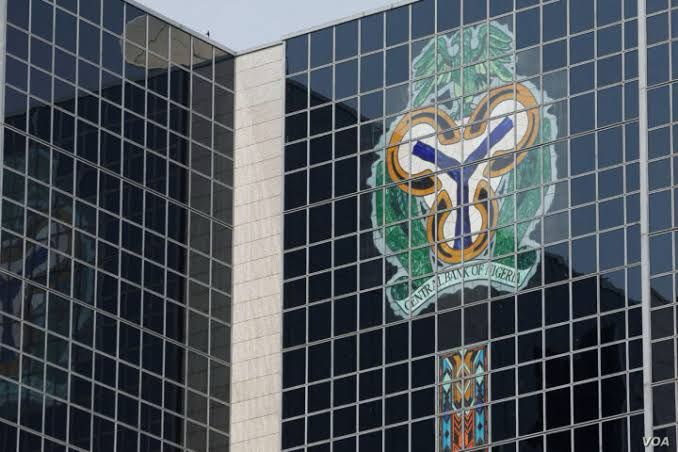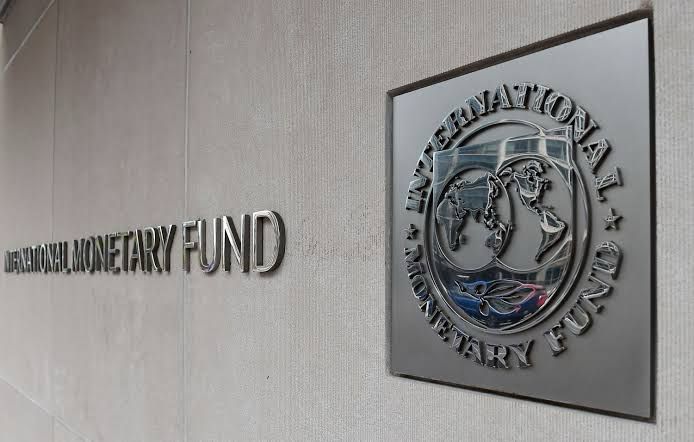Following a series of financial misconducts the Central Bank of Nigeria (CBN) establishes a new, dedicated “Compliance Department” to strengthen its control over the financial sector. The new unit will take over key responsibilities related to fighting financial crime, protecting consumers, and ensuring cybersecurity. The CBN said in a statement on Thursday.
According to the Nigerian Apex bank, all regulated institutions with the responsibility for the oversight of non-prudential risk areas were “formally reassigned to the Department” as of the third quarter of 2025. The move is part of the CBN’s broader efforts to “consolidate and embed regulatory effectiveness” and “maintain focused oversight of non-prudential and emerging risks.”
The new Compliance Department will oversee three key areas:
- Financial Crime Supervision: Making sure banks aren’t used for illegal activities, like money laundering.This includes anti-money laundering (AML), combating the financing of terrorism (CFT), and countering proliferation financing (CPF), as well as sanctions compliance.
- Market Conduct Supervision: Checking that banks treat their customers fairly, handle complaints properly, and don’t make false promises in their advertisements.
- Enterprise Security Supervision: This area focuses on cybersecurity, data protection, and third-party risk management.
- Corporate Governance and ESG Supervision: This includes board effectiveness and ESG (Environmental, Social, and Governance) oversight.
Commercial banks in Nigeria have a long standing history of late customer service responses, increased illegal charges in transactions and delays in payment resolutions. This move from the Apex bank aims to tackle these persistent issues.
All regulatory reports, correspondence, and related inquiries concerning these matters should now be directed to the Compliance Department through established communication channels. Financial institutions will receive direct communication from the department regarding specific points of contact and standard procedures. The CBN noted.
However, this reorganization aligns with the global trend among central banks and financial regulators to create specialized units that can focus on the evolving landscape of non-traditional financial risks.

The CBN’s action follows recent reforms and legislative updates, including the BOFIA 2020, which has provided the central bank with expanded powers to regulate the financial sector and address emerging threats. This move is expected to enhance the central bank’s capacity to monitor and enforce compliance with standards related to consumer protection, data security, and financial integrity.












